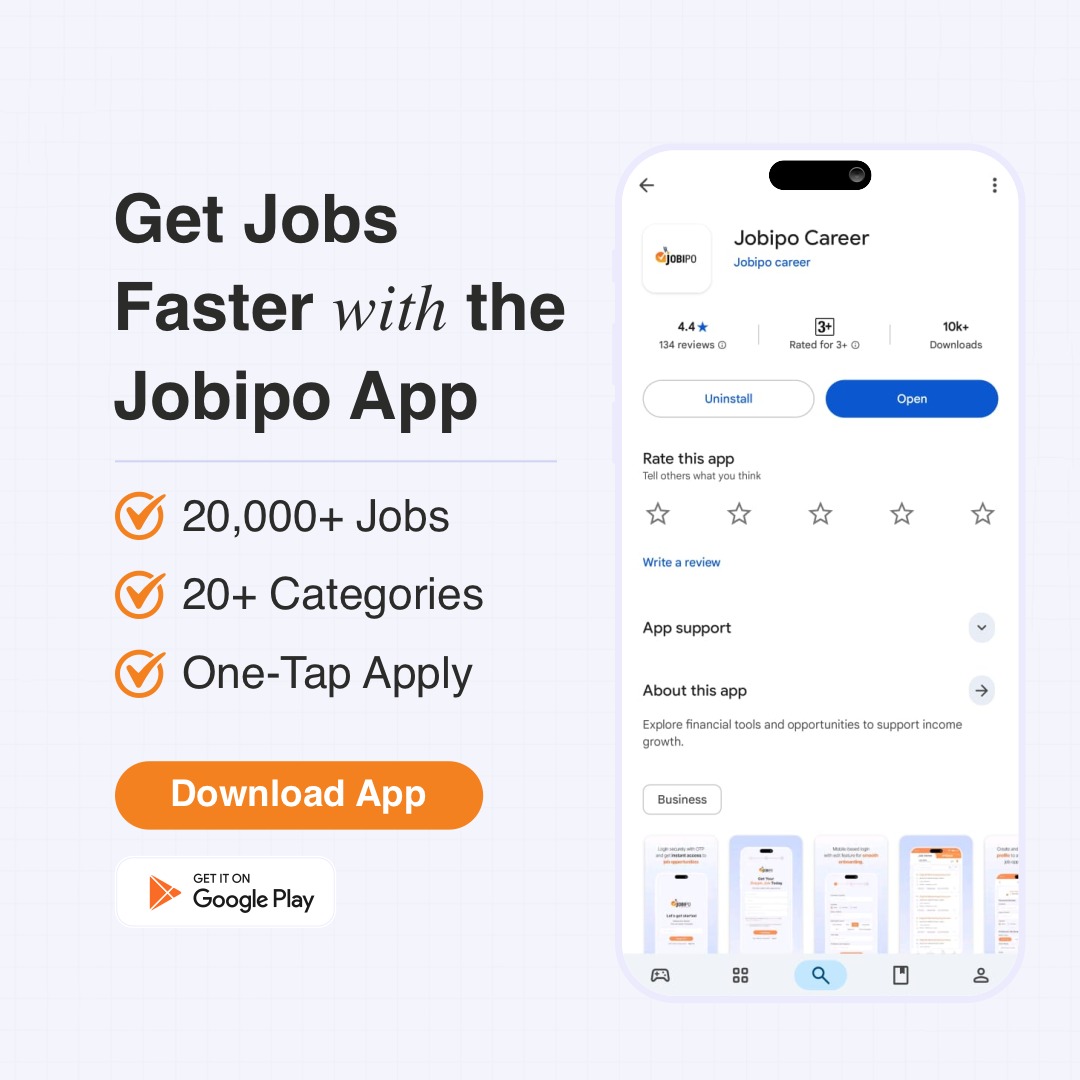Introduction: Why skill based hiring is on rise
For years people believed that topping the class or scoring high marks was the only way to secure a high-paying job.
But today, the reality is different. In many hiring processes, HR no longer focuses solely on academic qualification. Degrees still have value, but they are no longer the main deciding factor. What truly attracts their attention are your skills.
But what skills actually are..
Skills are the ability and knowledge that helps you in completing a task effectively. They can be technical, creative, analytical or interpersonal.
Not all the skills can be taught in a classroom. Some are self developed while some came from real life experience while others from real life problem solving, and such self generated skills create a big impact in today’s market.
How skills are important in Hiring Process..
Skills go beyond academic qualifications. Today, recruiters look for real talent rather than just academic toppers. They believe skills are more valuable than formal educational achievements. Skills are often developed through real-life experiences and help individuals solve practical problems, while academic toppers may rely only on theoretical knowledge.
The Limitations of Degree-focused hiring
- Ignores actual talent: Solely focusing on academic qualification might create a hindrance in looking for actual talent, as a degree doesn’t reflect anyone’s true skills.
- Excludes Exclusive talent: Many students had learned and gained degrees through online classes or self-study, which are mostly overlooked during hiring.
- Bias towards prestigious knowledge: Some people can afford a degree from prestigious colleges while others can’t, and bias towards the prestigious knowledge can eliminate real talent.
- Outdated knowledge: What’s taught in colleges can quickly become outdated in this fast and improving technology-based world, so the degree-based knowledge is helpful for a relevant period of time, while skill-based knowledge is useful for a longer period.
- Non-diversifies: Solely focusing on degrees sometimes ignores the various diversity based on skills, knowledge, background or experience.
- Ignore soft skills: Academic knowledge focuses on teaching hard skills, while the soft skills, like time management, communication, teamwork, and leadership, are often ignored.
- Talent shortage: Taking only high degree-based candidates can ignore real talents, which can sometimes lead to a shortage of new talents.
The business case for skill-based hiring:
When companies hire based on skills, they’re most likely to match candidates to roles they can excel in. This can reduce the risk of mismatched expectations, leading to higher performance.
Not only focusing on academic qualification and giving a chance to real talent can bring them a wider range of candidates with diversified talents, leading to higher options to find the perfect fit for the position.
Skill-based hiring opens opportunities for the non-traditional students who studied through online classes or self-study, increasing the chance of prosperity and growth for both employee and employer.
Key Skills employers value today
The hiring process has now changed, but to something more reliable and valuable. Employers no longer just scan the resume for the academic qualifications; they search for real talents who are skilled in every type of skill.
But what are those types:
There are three major kinds of skills that employers are looking for in their employees.
Hard skills
Hard skills are the technical abilities of an individual that can be taught and measured. The workplace demands professional and technical experts nowadays who are skilled with digital tools.
- Digital knowledge: Most of the work is done online nowadays, and knowing how to use those digital platforms and digital tools has become a must.
- Data analysis: Business depends on statistics and insights, not just on information, and someone with good data analysis skills is an asset to the business.
- Project management: It doesn’t matter if it’s a big industry or a small startup; every type of business needs management, and someone with good management skills
- who can organise work, manage resources and meet deadlines is a talent within itself.
- Specialised knowledge: Specialised knowledge are those with advance excel skills, like coding, cloud computing or having in-depth technical knowledge in your fields highlights you.
Soft Skills
Soft skills are the ones that can’t be taught in a classroom; they are naturally developed or come from real-life experience. These are your personal traits and behaviour that shape you for the future.
- Communication: Communication is the key to success. We used to read it in our school, but now it is the biggest reality. A clear communication skill is like an undefeated weapon in the corporate world, from a clear message to a clear presentation, every part of communication plays an important role in workplace efficiency.
- Problem-solving: Every workplace has problems, and anyone with good problem-solving skills is valued the most by employers.
- Adaptability: In these fast-changing industries, the ability to adapt to changes and learn faster is essential.
- Leadership: A person with good leadership skills is essential for any industry, as it helps in guiding, handling the team and teamwork.
Role-Specific Skills
Every profession needs expertise in special professional skills. For example:
- IT& Tech needs coding languages, cybersecurity and cloud platforms knowledge to expertise.
- Marketing needs SEO, campaign analytics, social media strategy and content creation knowledge to expertise.
- Sales needs Negotiation skills, convincing skills and customer relationship building to expertise.
- Design needs Proficiency with tools related to Photo editing and designing, branding and user-centred design to expertise.
Employers want well-rounded professionals who can balance technical skills with human skills. Focusing on both hard and soft skills—and keeping them updated—can give candidates a real edge in today’s job market.
Conclusion: Shifting the Mindset
The development of any organisation depends on its employees, and the employees are hired from hiring process.
Degree-based hiring is traditional and may feel safe at the moment, but in this rapidly growing world, they need to improvise the way of hiring, as hiring has a long-lasting effect on the organisation.
Skill-Based hiring is the newest and most favourable way of hiring, where employers not only look for academic qualifications but focuses on the skills you have earned till now, those skills give them a proper evaluation of your talent without wasting much effort.
Ultimately, hiring should be about more than credentials. A candidate’s ability to solve problems quickly, adapt to the changes easily and contribute to the team matters far more than the marks and name of the university on their resume. Shifting the mindset from “Who has the best degree?” to “Who can deliver the best results?” allows companies to bring in stronger talent, reduce turnover, and build more diverse teams.
The best people for the job are out there, but you’ll only find them if you’re willing to look beyond the degree.













Comments